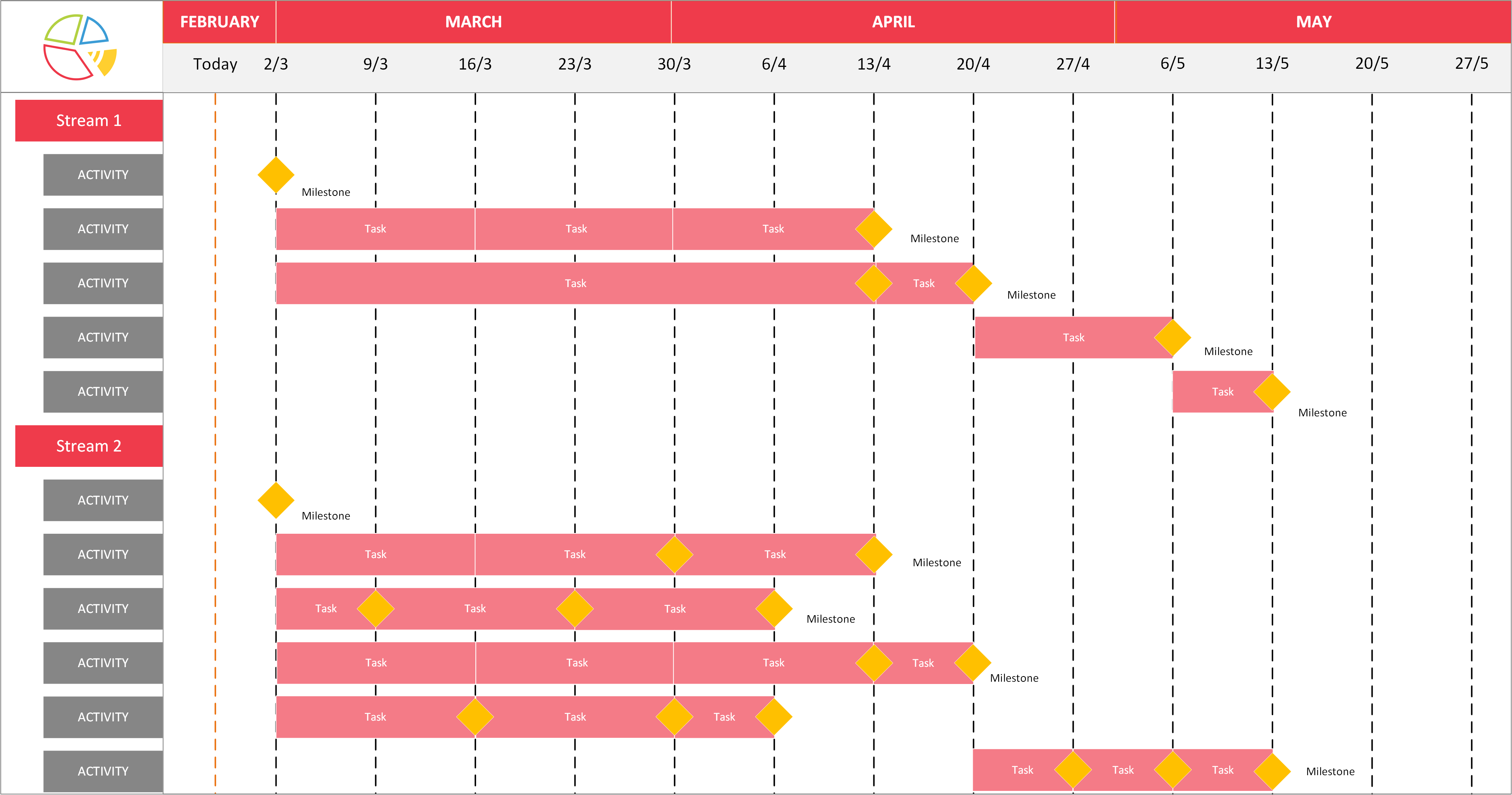Ok, so some people love planning but others can’t think of anything worse.
Chances are, if you’re a project manager you probably don’t mind it and understand the importance of having a documented, well thought out plan for your project. However, time is often of the essence and other activities can take priority.
Or, maybe you’re the kind of manager that just loves the doing and can’t face the documentation, or maybe you’re new to it all.
Whatever your background, I’m here to plead with you on the importance of defining and documenting a plan for your project. Here are 7 reasons a project plan is so important if you want to achieve what you set out to:
1. Keep within scope
Your project plan is the perfect tool to beat away additional ideas, suggestions and builds. The next time a stakeholder tries to have your project foot the bill for their new idea, you can present the signed off project plan and leave them in no doubt that it will not be included in this phase of work. This will allow you to focus on the agreed deliverables and not be distracted by the nice to haves.
2. Manage your resource
When your activities are defined and mapped out on a page, it gives you the clearest possible view of what is required in order to achieve your objectives. This makes it very easy to identify the skills you need and in turn the people that can bring them to the table. This leaves you in a fantastic position to recruit the people you require in plenty of time and make sure you don’t get caught out.
3. Set and manage expectations
Including stakeholders in the production of your plan and having them sign off on the final version gives you a tremendous advantage in that you will have set transparent expectations. You can confirm what everyone expects from the project and when all parties are happy, they will sign off on the plan. Fast forward a few weeks or months and there should be no surprises as long as you continue to keep your stakeholders up to speed as you progress.
4. Identify dependencies, risks & issues
As with your resource requirements, visualising your activities will enable you to identify any risks, issues or dependencies to delivering your objectives. Spotting these early and managing them appropriately, greatly reduces any impact they may have on the project vs if you had no plan and the first you knew of them was when they stopped you in your tracks.
“Fail to prepare, prepare to fail”
5. Track progress
Your project plan evolves with you but always maintains the original baseline, allowing you to keep track of your progress. If milestones are slipping, you will see it and can challenge those responsible, making sure any issues are resolved and everyone has the support they need to work to the plan. Additionally, by including stakeholders in the planning process, it encourages accountability among the team to deliver their work on time and to a high standard so as not to delay the next activity.
6. Make better decisions
Visualising your activities, identifying your resources, risks, issues and dependencies will allow you to make well informed and better decisions as you move through your project. You will have the right information to make balanced calls when required as opposed to taking a shot in the dark.
7. Bring the project to life
Besides its functional uses to a project manager, a project plan can be used to effectively motivate and encourage commitment among the team. Often, the work we do does not have a tangible outcome and this presents its own challenges. However, having a visual representation of the project enables your team to see the impact their work is having and how it fits with the rest of the puzzle. This has a strong effect on engagement levels and will make the difference when that tight deadline rolls around.
In Summary
Fail to prepare, prepare to fail. It’s as simple as that. A well thought out and documented plan is an indispensable tool that will help you to deliver your project on time, within budget and to the standards expected by your customers. All the while, it will ensure your team and stakeholders are engaged, motivated and can clearly see the impact their work will have on the final outcome.
Do you have something to add or do you disagree with my insistence on the need for a plan? Let’s hear it in the comments below and we can talk it out.
If you are looking for some inspiration, check out our Project Plan Template (below) that’s available to download instantly. Alternatively, get in touch and let us design a custom solution for you.


